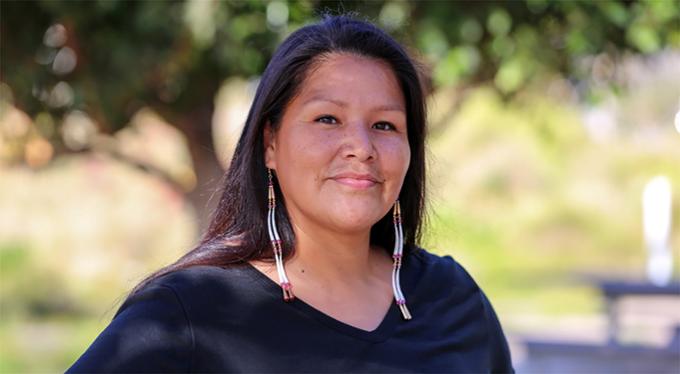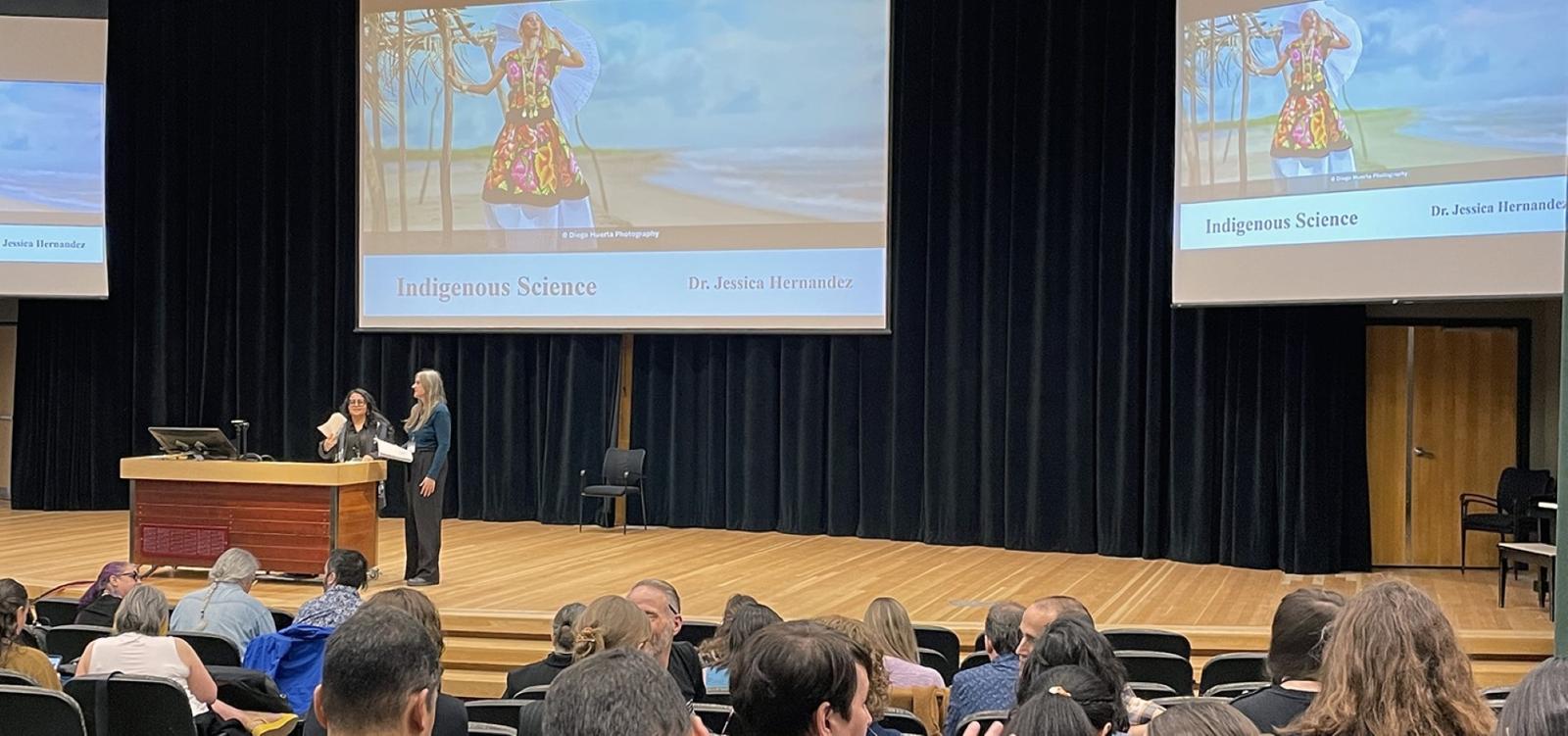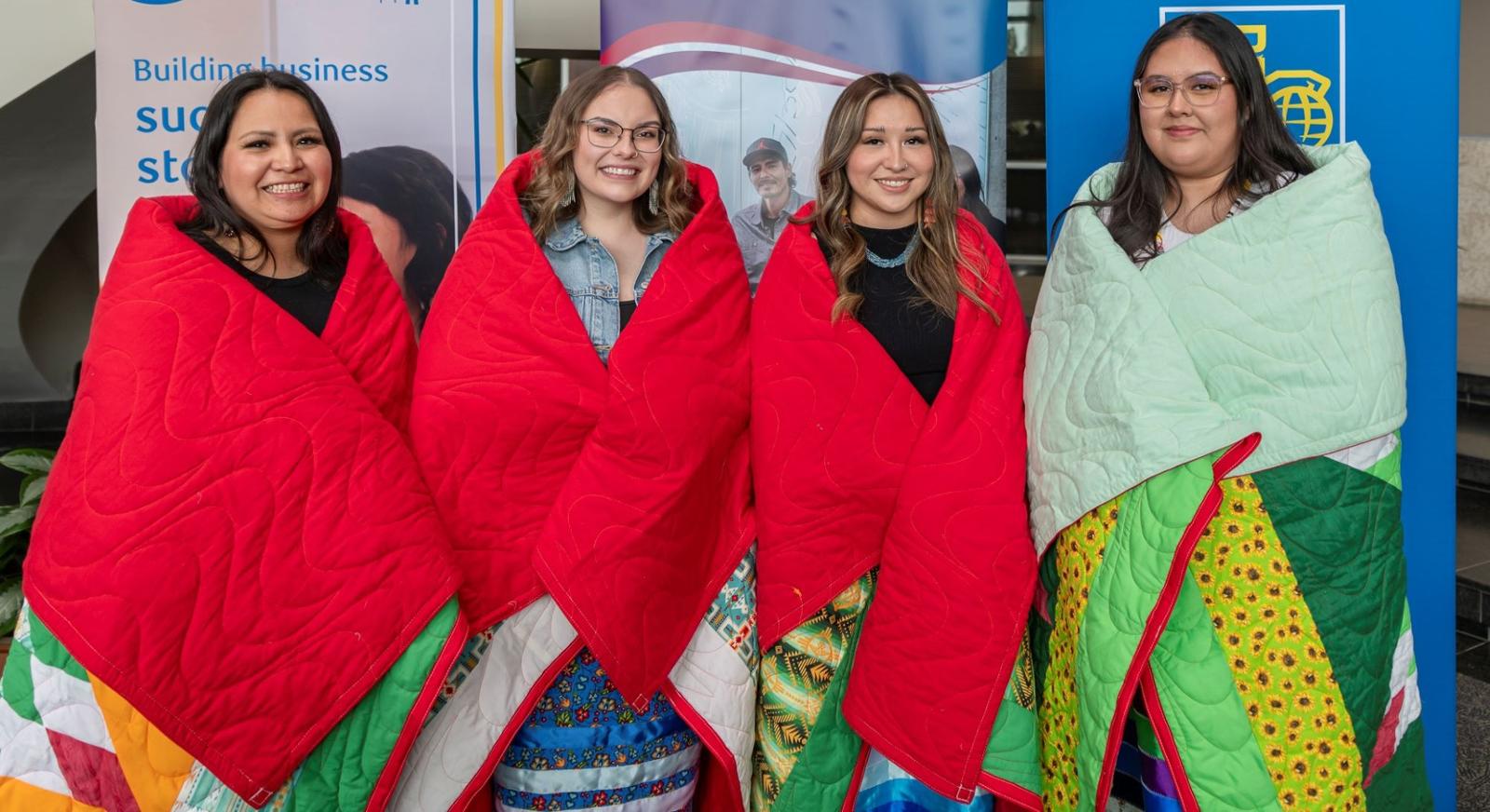The University of Regina, Faculty of Education, in partnership with the Gabriel Dumont Institute of Native Studies and Applied Research (GDI), is offering a one-of-a-kind Indigenous Education Doctorate (EdD) program for Métis and northern Saskatchewan educators. Delivered in Prince Albert, the new program focuses on Métis local knowledge, history, spirituality, and culture within broader national and international contexts. Graduates of the program will receive a Doctor of Education (EdD) in Education from the University of Regina.
“The Indigenous Education Doctorate program builds on decades of important work between the University of Regina and the Institute. Together, our partnership programs have graduated hundreds of Indigenous educators at the undergraduate and graduate levels; this is a natural next step in creating higher education opportunities for northern Métis people,” said Brett Vandale, Acting Executive Director, GDI. “We are confident this program will establish an important pathway for advanced Métis capacity and perspectives within the Saskatchewan education system.”
Our efforts to ensure educational opportunities are available and accessible across Saskatchewan, especially with Indigenous communities in northern and remote areas is critical to advancing Truth and Reconciliation and to the University’s future. – Dr. James Nahachewsky, Faculty of Education Dean
The Indigenous Education Doctorate Program has been developed to equip educational leaders with knowledge and expertise in educational theory and practice, research knowledge and skills, and a renewed sense of purpose and passion for transforming the education landscape of Saskatchewan.
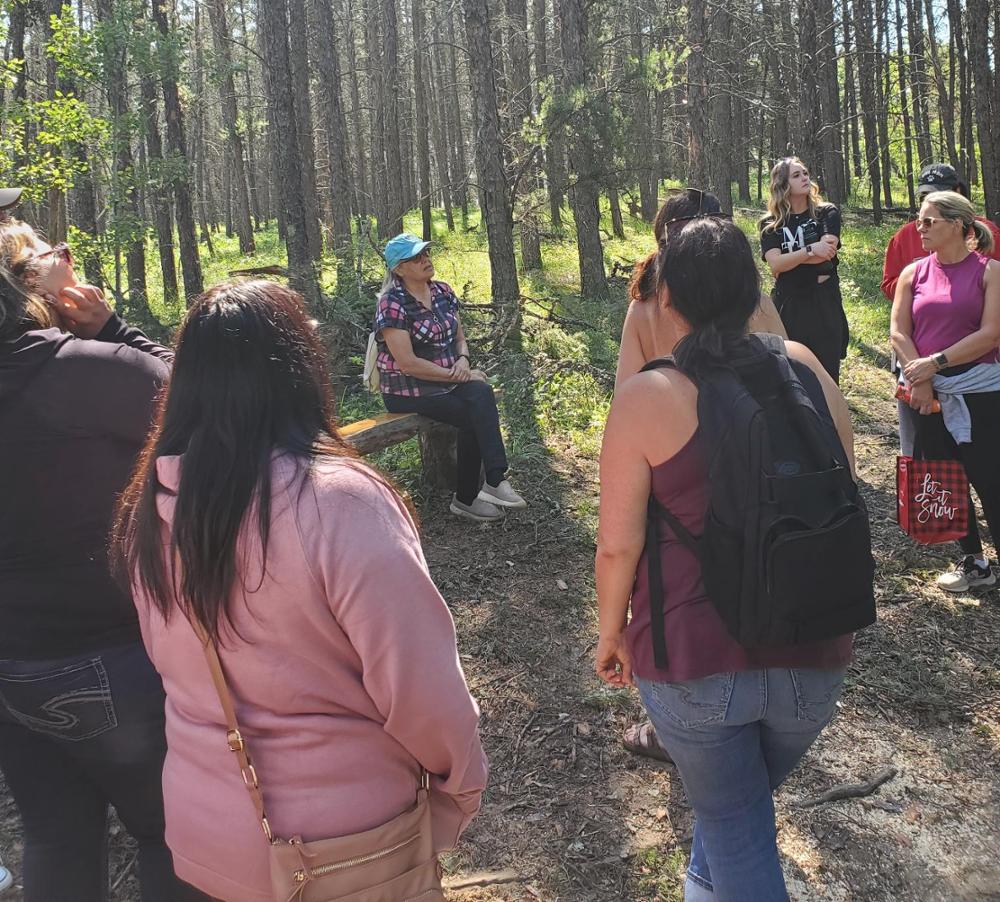
“This unique doctorate program emphasizes Indigenous teaching and methodology, knowledge, leadership, land-based learning, and incorporates working alongside community members and teachings from Elders,” said Dr. James Nahachewsky, Dean, U of R Faculty of Education.
Beginning in July 2024, the three-year program will feature flexible course delivery, including weekend sessions, summer institutes, and online distance education. The program is designed so students can form a community of learners able to support each other throughout their educational journey.
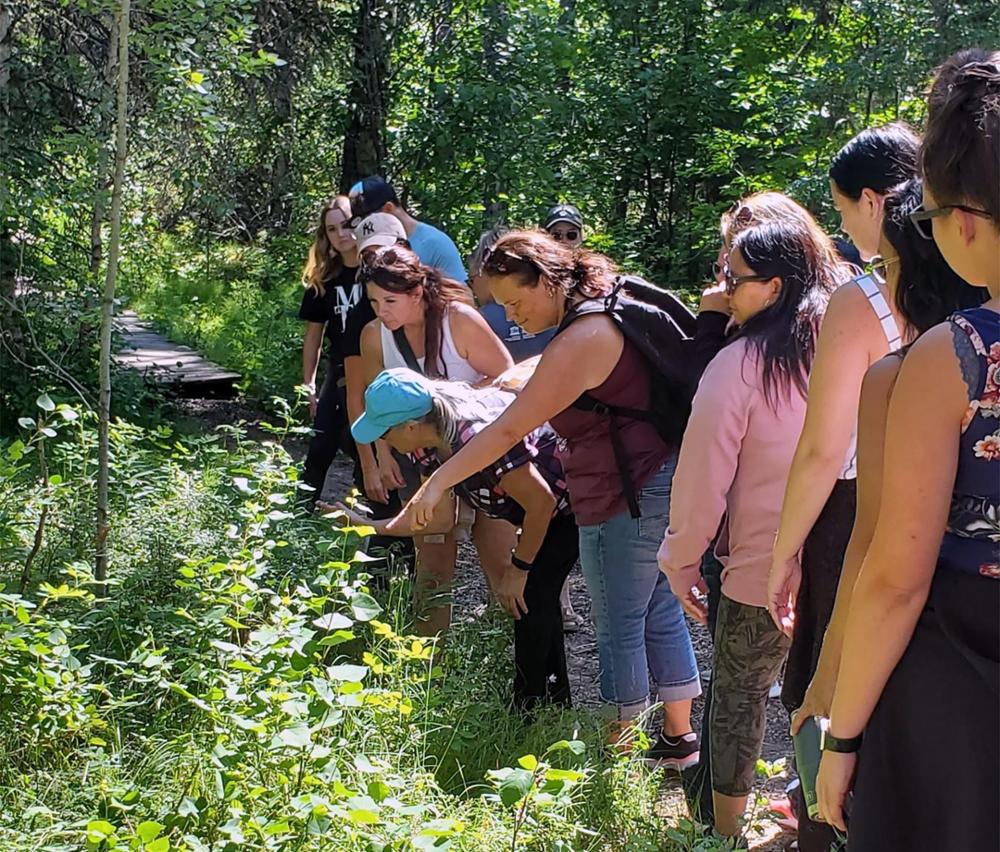
“Our efforts to ensure educational opportunities are available and accessible across Saskatchewan—especially with Indigenous communities in northern and remote areas—is critical to advancing Truth and Reconciliation and to the University’s future,” said Nahachewsky.
Application for the Indigenous Education Doctorate program is currently open until February 15, 2024. Applicants require a master’s degree or higher from a recognized institution.
For more information, visit the U of R’s Indigenous Education Doctorate Program website.
Banner photo credit: Gabriel Dumont Institute
About the University of Regina
2024 marks our 50th anniversary as an independent University (although our roots as Regina College date back more than a century!). As we celebrate our past, we work towards a future that is as limitless as the prairie horizon. We support the health and well-being of our 16,700 students and provide them with hands-on learning opportunities to develop career-ready graduates. Our research enterprise has grown to include 21 research centres and 12 Canada Research Chairs and brings in more than $51.2 million in funding annually. Our campuses are on Treaties 4 and 6 - the territories of the nêhiyawak, Anihšināpēk, Dakota, Lakota, and Nakoda peoples, and the homeland of the Michif/Métis nation. We seek to grow our relationships with Indigenous communities to build a more inclusive future.
Let’s go far, together.
